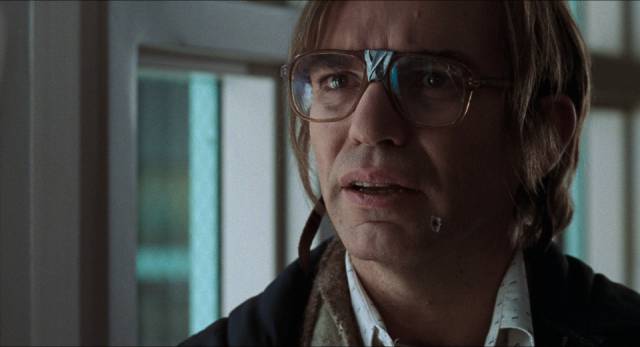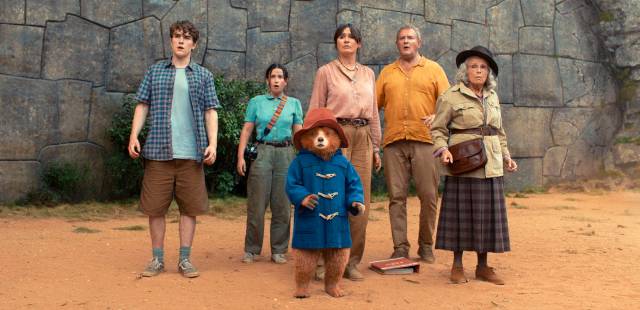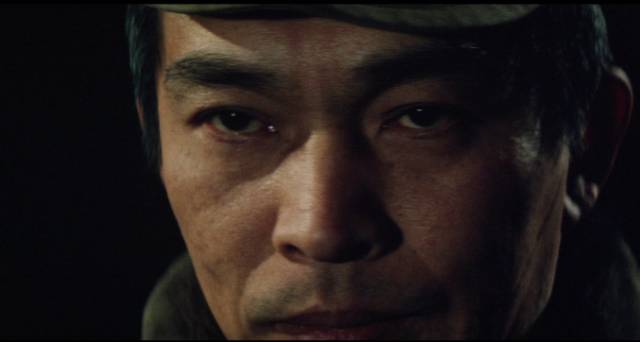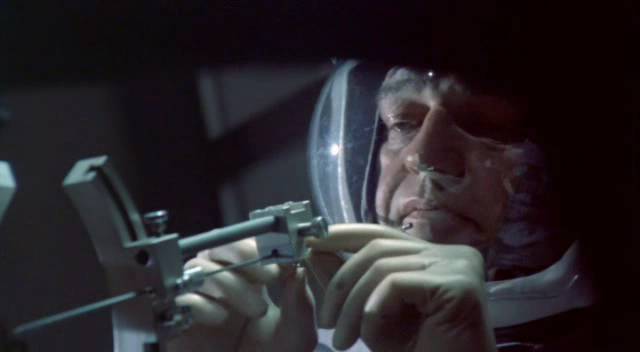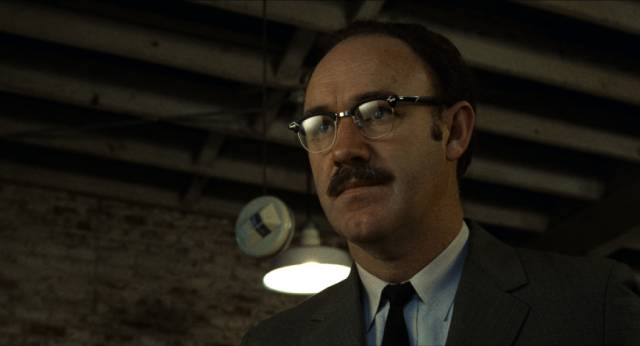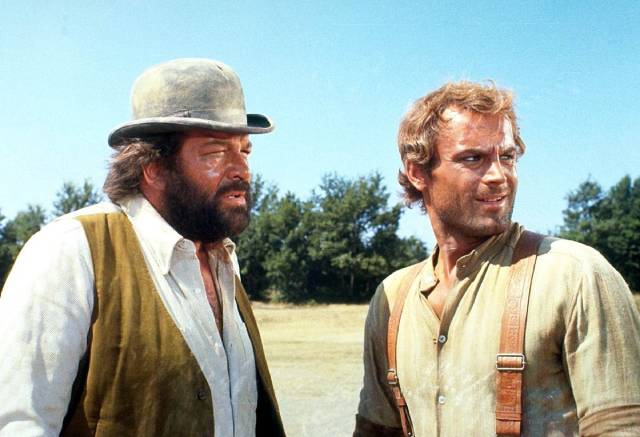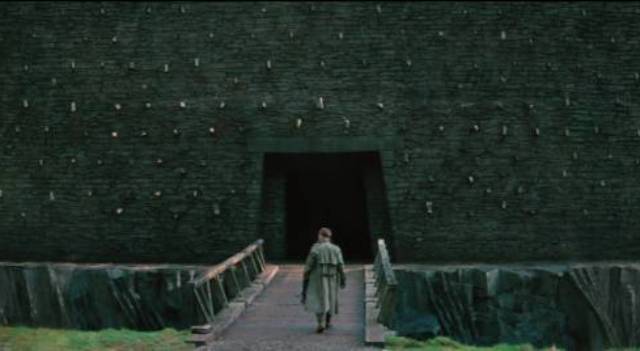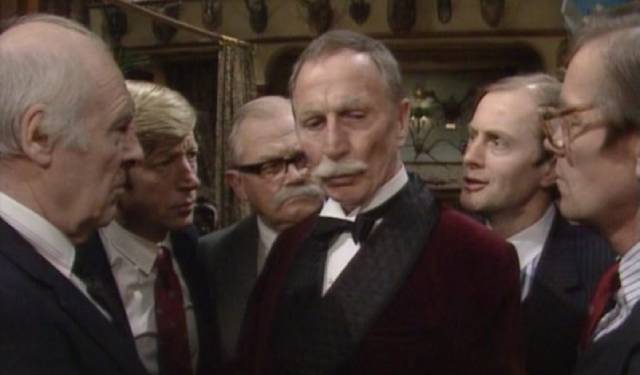
A pair of DVDs from the now-defunct Network Releasing unearth forgotten artefacts from British television history; The Frighteners, an anthology of concise half-hour psychological thrillers from 1972-73, and three one-hour dramas displaying the range of the influential writer Nigel Kneale – The Crunch (Michael Elliott, 1964), a political thrillers, Ladies’ Night (Herbert Wise, 1986), a satirical comedy about a conservative establishment crumbling in the face of feminism, and Gentry (Roy Battersby, 1987), in which a bourgeois couple cashing in the decline of an East End community are confronted by the anger of those being displaced.
